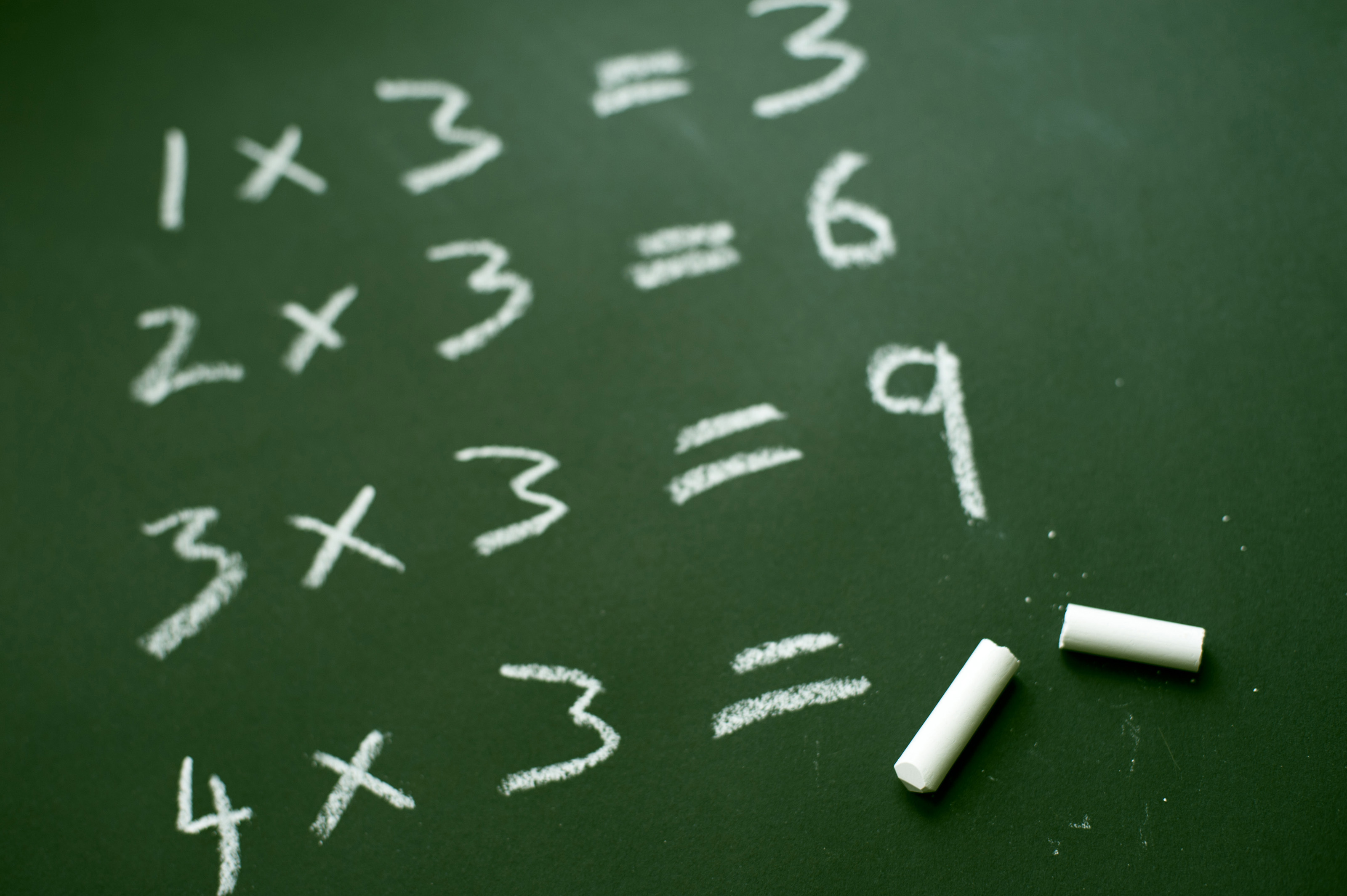We dont need to count to see that 10 apples are more than 5 apples; we can just see and know. This is because humans (like some other animals as well) are born with a sense for numbers. This sense allows us to judge amounts without counting. The question is, is this number judging sense in fact an innate ability related to mathematics? or do we learn this later in life?
You can even go as far back as the ancient Greeks to see the origins of this debate. For example Plato has a famous dialogue where he gets a young boy to prove the Pythagorean theorem simply by asking him questions.
Duke Institute for Brain Sciences suggests that we do have an innate mathematical ability.
Elizabeth Brannon, a professor of psychology and neuroscience, who led the study says
“When children are acquiring the symbolic system for representing numbers and learning about maths in school, they’re tapping into this primitive number sense. It’s the conceptual building block upon which mathematical ability is built.”
The study observed 48 children six-month old children who were shown two screens. One screen had same number of dots always , which only changed their size and position. The second screen showed dots which changed. These too changed in size and position.
Since most babies get interested in things that change; thus when a child looked longer at the screen which was showing different numerical values, it was assumed that the baby had noted the difference.
Brannon and her assistant Starr tested the same children after three years. They were asked to judge amounts of dots without counting them. At the same time they were given standardized math test in accordance with their age and a verbal task to find the largest number they could understand.
According to Starr
“We found that infants with higher preference scores for looking at the numerically changing screen had better primitive number sense three years later compared to those infants with lower scores. Likewise, children with higher scores in infancy performed better on standardised maths tests.”
Similar countless studies and researches all claim that we have innate mathematical abilities.
In his book The Mathematical Brain neuropsychologist Brain Butterworth claims that our innate abilities, which he calls the “core modules” are the basis and foundation of everything we learn later in our lives. Newborn babies, commonly thought to be incapable of anything but eating, sleeping and crying, are actually budding mathematicians.
“We are born with a core sense of cardinal number”, says neuropsychologist Brian Butterworth, author of The mathematical brain
To enhance these innate abilities, early learning education should not be number heavy but rely more on patterns, rhythms, and forms.

